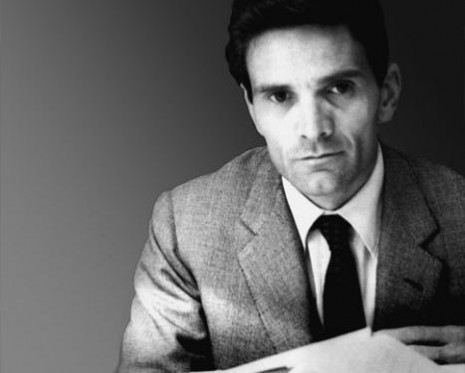
It’s nearly 36 years since Pier Paolo Pasolini was murdered in horrific circumstances, on a beach near Rome, in November 2 1975. The story went Pasolini had been killed while trolling. The 17-year-old hustler, who originally admitted his killing, retracted his confession in May 2005, claiming 3 people, with “southern accents” had killed Pasolini, calling him a “dirty communist”.
Later, an investigation into new evidence, which suggested Pasolini had been murdered over a blackmail plot involving stolen reels of his film Salo - 120 days of Sodom, proved inconclusive, and his grim and brutal murder remains unsolved.
Pasolini was a “Marxist, mystic, Catholic and atheist”, a poet and novelist who wrote over 25 novels and half-a-dozen volumes of poetry.
Pasolini was also one of the most important, radical and influential film-makers of the twentieth century, whose life and works as author, poet and film-maker are ripe for rediscovery.
In this short documentary, we see Pasolini the film-maker, the man of singular vision behind the films Accatone, Mamma Roma, The Gospel According to Matthew, Oedipus Rex, The Decameron, The Canterbury Tales and Salo, or the 120 Days of Sodom.
Pasolini was an auteur, as he explains:
My films are the work of an author with a very singular individual characteristics. I’ve never wanted to make a conclusive statement, I’ve always posed various problems and left them open to consideration…The cinema is an explosion of my love for reality. I have never conceived of making film that would be the work of a group, I have always thought of film as the work of an author, not only the script and the direction, but the choice of sets and locations, the characters, even the clothes - I choose everything.
Pier Paolo Pasolini - A Film Maker’s Life (1971) is a fine introductory film to Pasolini, the man and his work, though it ignores his sexuality and its importance to his life. With contributions from Alberto Moravia, Franco Citti, and Pasolini, himself, who discusses his background, his politics, film-making, and revolution.